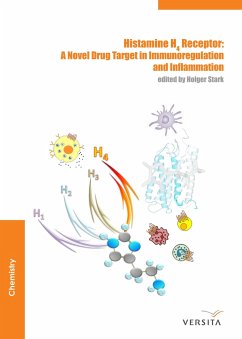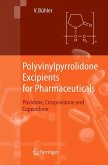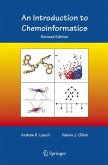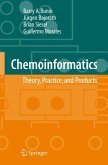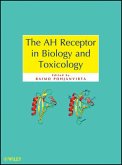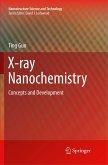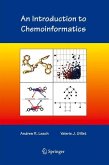H4R is the newest member of the histamine receptor family, which was discovered about twelve years ago. It is considered a very promising drug target. The effort to improve the pharmacokinetic properties of the currently available H4R ligands is reflected in a steadily growing number of scientific publications and patent applications. Preclinical data strongly confirms the need for novel potent H4R ligands to explore their therapeutic value in allergy, inflammation, autoimmune disorders, and possibly, cancer.
Readers will be provided with extensive knowledge on histamine metabolism, as well as cellular histamine transport, storage and release, effects of histamine and histamine receptor ligands, with particular attention to the H4R, on inflammatory cells including mast cells, basophils, eosinophils, neutrophils, macrophages, dendritic cells, and T cells. The present knowledge on the regulatory role of histamine and the therapeutic exploitation of histamine receptor ligands in atopic diseases, with emphasis on human and animal models of asthma, allergic dermatitis and pruritus are discussed.
Readers will be provided with extensive knowledge on histamine metabolism, as well as cellular histamine transport, storage and release, effects of histamine and histamine receptor ligands, with particular attention to the H4R, on inflammatory cells including mast cells, basophils, eosinophils, neutrophils, macrophages, dendritic cells, and T cells. The present knowledge on the regulatory role of histamine and the therapeutic exploitation of histamine receptor ligands in atopic diseases, with emphasis on human and animal models of asthma, allergic dermatitis and pruritus are discussed.

